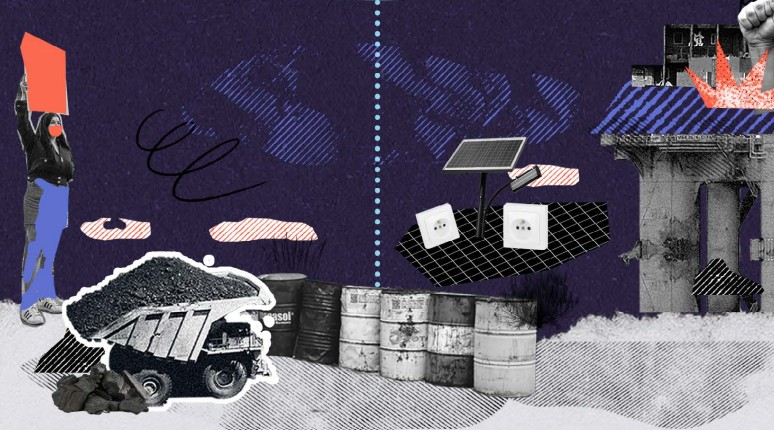Last week, the UK was accepted as a candidate country to EITI – in 18 months, British citizens should have a report that details how much money the government received from the extractive sector and how much companies paid. It’s a shame that the EITI wasn’t born in the 1970s before the oil revenues started flooding in, but maybe it’s a case of better late than never.
While Britain’s oil may be declining (although no one has quite agreed on just how much oil is left), the nation has important shale gas and mining reserves. North Yorkshire could soon be home to Europe’s largest Potash mine, while some estimates have even given the shale gas discoveries a value of £1 trillion pounds – all in all not insignificant for a country still recovering from the throes of a financial crisis.
It is important that engagement in the EITI contribute to a national debate about our resources. Shale gas may be worth plenty but, if it is extracted, it should be done in a responsible way that analyses the true costs and benefit. Unlike what some MPs might think, the North-East isn’t “uninhabited and desolate” so we can’t just go frack there willy-nilly (and the North East isn’t where most of the shale gas is, but facts shouldn’t get in the way of a political speech). Osborne proposed cutting taxes for shale gas companies from 62% to 30%, giving Britain the most generous shale gas tax regime in the world. The government is also pushing to relax laws so that energy firms do not have to obtain permission from landowners before fracking under their land. While it is important to attract investors, that shouldn’t come at the cost of getting the best deal for a resource nor at the cost of the environment. Joining EITI isn’t just about publishing payments and receipts; it’s about creating a process that involves civil society in natural resource management. If the UK is to make shale gas part of its strategy for the future, it should include its citizens in the debate and proceed in a way that looks at long term impact rather than short term gain.
We often talk about how southern countries should manage their resources and spend their money to lift their citizens out of poverty, but the UK hasn’t walked the talk. A report from 2008 estimated that if the UK had put even half of its oil money in a sovereign wealth fund, it would have amassed £450 billion. Oil revenues didn’t go into schools or other infrastructure – as this article explains, public sector net investment actually decreased while public sector current spending remained at the 40% mark until a few years ago. Instead, successive governments spent the windfall on reducing non-oil taxes. This included reducing taxes for the richest; during Thatcher’s Prime Ministership, the top income tax rate was slashed from 83% (1979) to 40% by 1988. Fast-forward to today and, at a time when the UK needs it most, the nation has little to show for the oil-wealth it once had.
While it would be inaccurate to say that the UK’s newly-discovered natural resources are a cornucopia that can pull the country of its crisis, we have a duty to invest wisely and spend the revenues in a way that benefits future generations as well as citizens struggling today. The number of impoverished households has more than doubled in the last three decades, the demand for food banks grows and across the country, walk-in clinics and A & E centres are being shut in the biggest threat the NHS has yet faced. Can we ensure that future generations avoid such a crisis?
We can’t go back in time and reinvest the North Sea Oil, but with shale gas and EITI, there’s a second chance to get it right.











